Lilly Hiatt Forever
Catching up with the fierce rocker on her 'Forever' tour, plus a 2017 interview
I first met Lilly Hiatt in 2017 when she was doing press for Trinity Lane, an album named for the street she lived near that encapsulated a transitionary period of growing up, shaking off alcohol and coming to terms with her past. Three albums later, we reconnected at a stop on her lengthy tour for her latest, Forever, at Baby’s All Right in Brooklyn.
Hiatt has moved on from Trinity Lane, both musically and geographically, recording the tight, gritty, punk-forward 29-minute Forever with her husband Coley Hinson at their home studio, The Mole Hill, with Hinson handling production and most of the backing instruments.
When I poked my head through the curtain separating the green room from the bar last Thursday, Lilly was perched on a chair quietly writing out a set list, gold-leaf eye shadow sparkling in the dim room.
At show time, Lilly took the stage with her Jetglo Rickenbacker 360 with the lean backing trio of Claire Adams on bass, Griffin Winton on lead guitar and Andrew Squire on drums. From the first song, there was a stark contrast between the sweet calm of her stage presence and the ferociousness of her musical delivery.
We were both sentimental about our meeting at my photo studio eight years ago. I think we both got something out of it; she in expressing the challenges of moving forward at the time, and me searching for more understanding of what it takes to be an artist. I’ve reposted the portraits and interview we did below.
I’m grateful to have maintained the connection and have seen the show.
That Million Dollar Bash is 100% reader supported. Check out the ABOUT page for more info on member benefits and print sales.
As it’s no longer online anywhere, here’s the interview from 2017 discussing Trinity Lane:
Jacob: A lot of the songwriting for this album was done in a place of quiet reflection at home when you got off the road. In terms of daily habits, what do you have to do to keep yourself moving and productive?
Lilly: I don't always do them, but what really helps are really simple things, self-care things, like “try not to smoke cigarettes”, “drink water,” “take walks,” “listen to music”—those basic things are what recharge and fuel me, but they're really easy to forget when I'm all revved up, which is a lot of the time. But those are the things that lead to a quiet mind, that lead to writing songs, or writing my better songs.
I keep quoting something my friend said, "a quiet mind makes room for creativity." It really does when you get all that other shit out and then you have all that room. That doesn't come naturally to me because my brain is always buzzing. I like being kinda high-strung, I thrive off of being “up” all the time but sometimes it's really exhausting. I get a lot of ideas there, but sometimes to actually refine those ideas takes just a little pause.
In terms of creative growth, was there anything that surprised you or felt new as you went through the process of making this record?
Yeah. What I had a lot of fun with was singing. I’ve always loved to sing, but cutting back on my smoking my voice opened up in a way it hadn't yet. And I was opened up a little more emotionally, so I was singing from a deeper place, maybe a little more from my heart, or just from my chest, however you want to look at it. I was pushing myself a little with that. There were some notes where I was like, I don't know if I can hit that, but I just practiced it and it became natural.
No one was home during a lot of the writing process. Usually when I write songs I’m in my bedroom with someone in the next room, so I write really quietly. This time I could sing out more loudly and that really affected things.
There’s a lot of self-assessment and movement towards change reflected in the songs. From what you’ve learned, what things do you want more of in your life right now?
What I really hope for is to stay grounded, and treat the people I love well. It's easy to get wrapped up in your career or your craft as an artist—which takes a lot of endurance and focus—but I also want to treat the people in my life well. I want to not be wrapped up in myself. I think looking outside of yourself can be where it's at. It's a liberating and connecting thing.
It's the best feeling, you go from being in your head to being in your body, and you just feel it. Your mind disappears, and all that stressing and all the crap evaporates for a second. I love when that happens. And I know it's fleeting, because I know there will be those moments when I'm right back in my head, but I really savor that time. I hope for there to be more stretches of that.
How did your travels in the West factor into the making of the album?
I was on tour with John Moreland opening a bunch of shows. That was a special tour, it really impacted me because I look up to him. The West is beautifully vast. I was born in California so I feel a weird connection with it. There's a lot of space to think about things, but also a lot of space to be away from things. A lot of my ghosts live in Tennessee but I thought, I've never done anything bad out here!
I felt so free but by the end of it I was ready to see Tennessee. But as I was driving closer and closer, I felt all the worry and stuff just coming right back. I thought, Oh it's still here, it's still part of you and you gotta deal with that.
In terms of the importance of relationships, do you seek advice from your father? Is his support more professional or personal?
It’s been there both ways. He's been through so much as a person and an artist. I value his opinion and I like his style. He's an honest guy and a good guy, so I really trust him. He's emphasized that it's about the music first—and I know that—but it's nice to know someone who's been through it that's kept it there.
As we grow up and become our own people we also see the qualities we share with our parents. As you reflected on your mother—who died by suicide when you were very young—what were you able to understand about her?
I think the older I've gotten, I see how things can go darker or brighter. You realize that things are more difficult when you don't address them; this is harder now, this is heavier now. For example, drinking for me; it started out as a blast, then it got hard for me and it got worse and worse. If I hadn't stopped that, I don't want to think about where I'd be. Not a good place.
And just being a woman in my thirties and I’m realizing that I'm a sensitive person like most artistic folks, and an empath. My guess is that she was that way, too. And when you're like that, life is tough. Life is beautiful and vivid and you feel so much, probably more than you need to. And I realized that we kind of shared that and I can see how that could knock somebody down. There's a fragility to that, but there's also a strength if you flip it around; it's your key to relating to people and understanding things on a deeper level. So I thought a lot about that and her, and it helped me forgive some things that I didn't even know needed to be forgiven.
I love life and I want to live it, but there's a little part of you that feels, I've made it this far, I didn't know where I'd be but I'm doing alright. I want to do that for myself, but also for her. Like, I’ll make you proud since you couldn't be here. I'll do it for you.
That Million Dollar Bash is 100% reader supported. For more info on member benefits and print sales, please see the ABOUT page or click below.


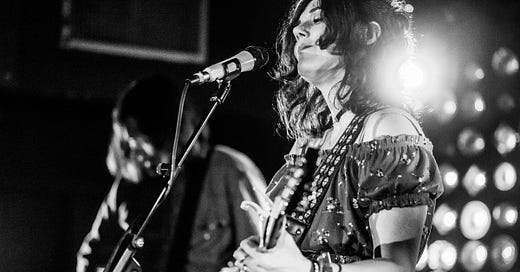


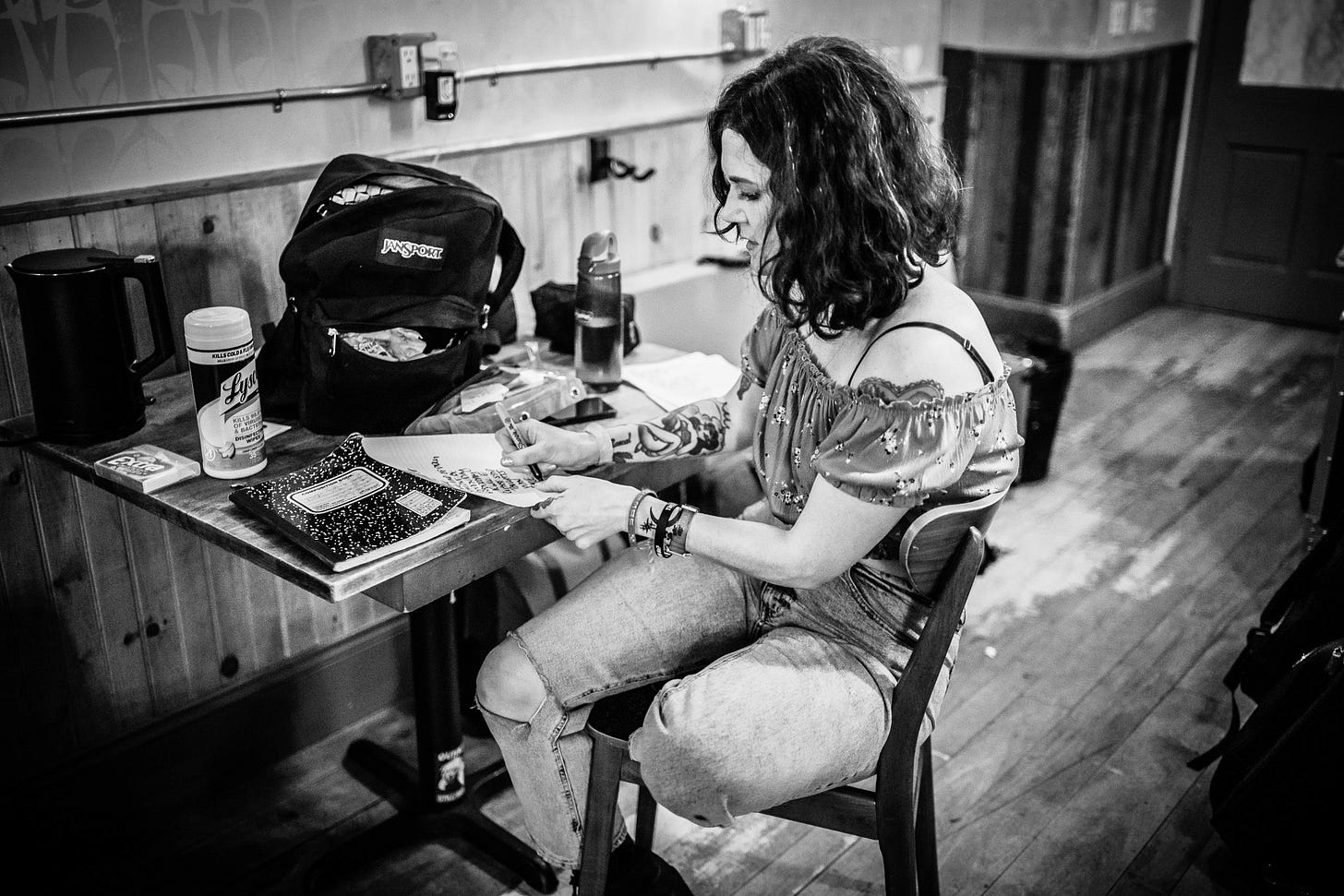
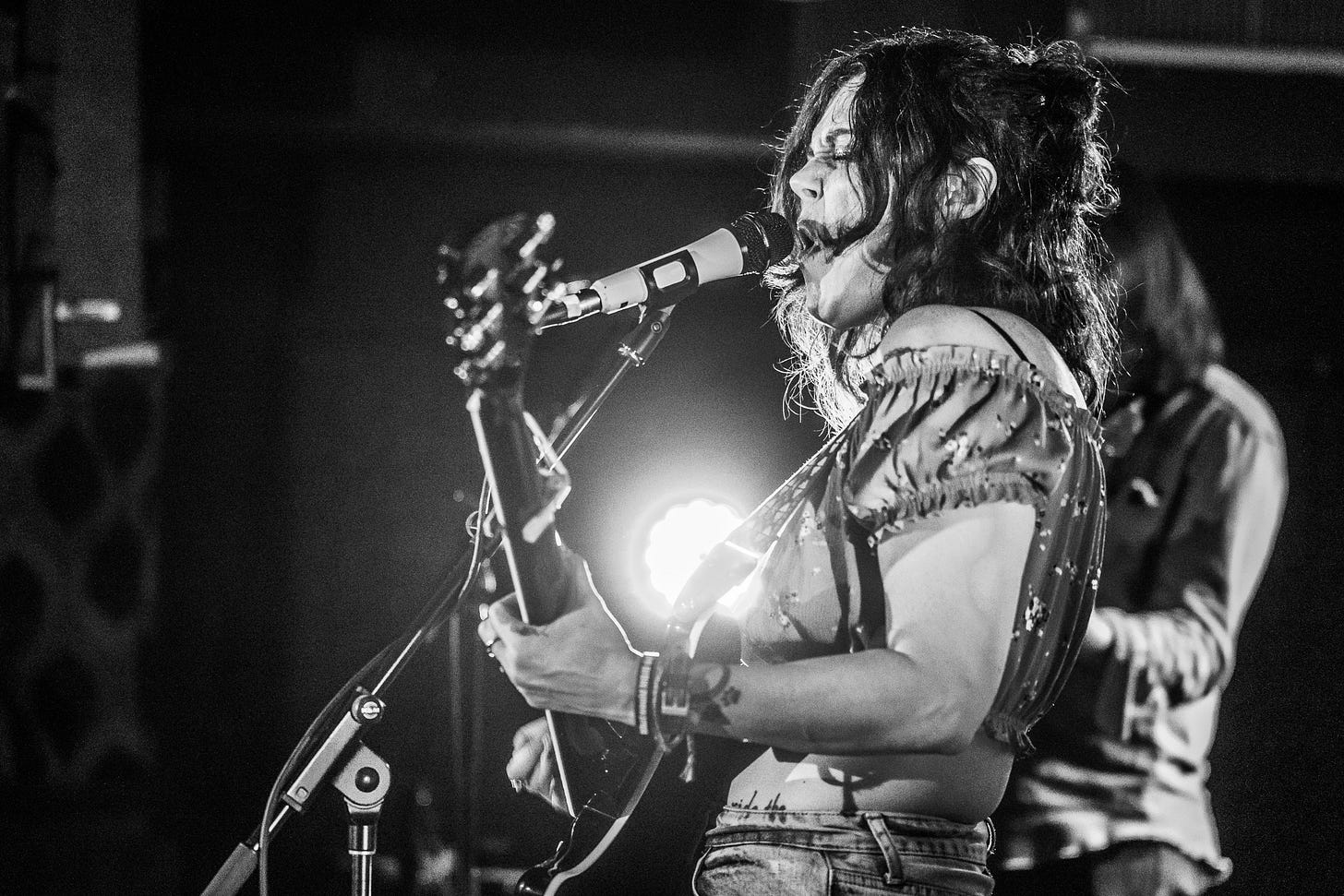
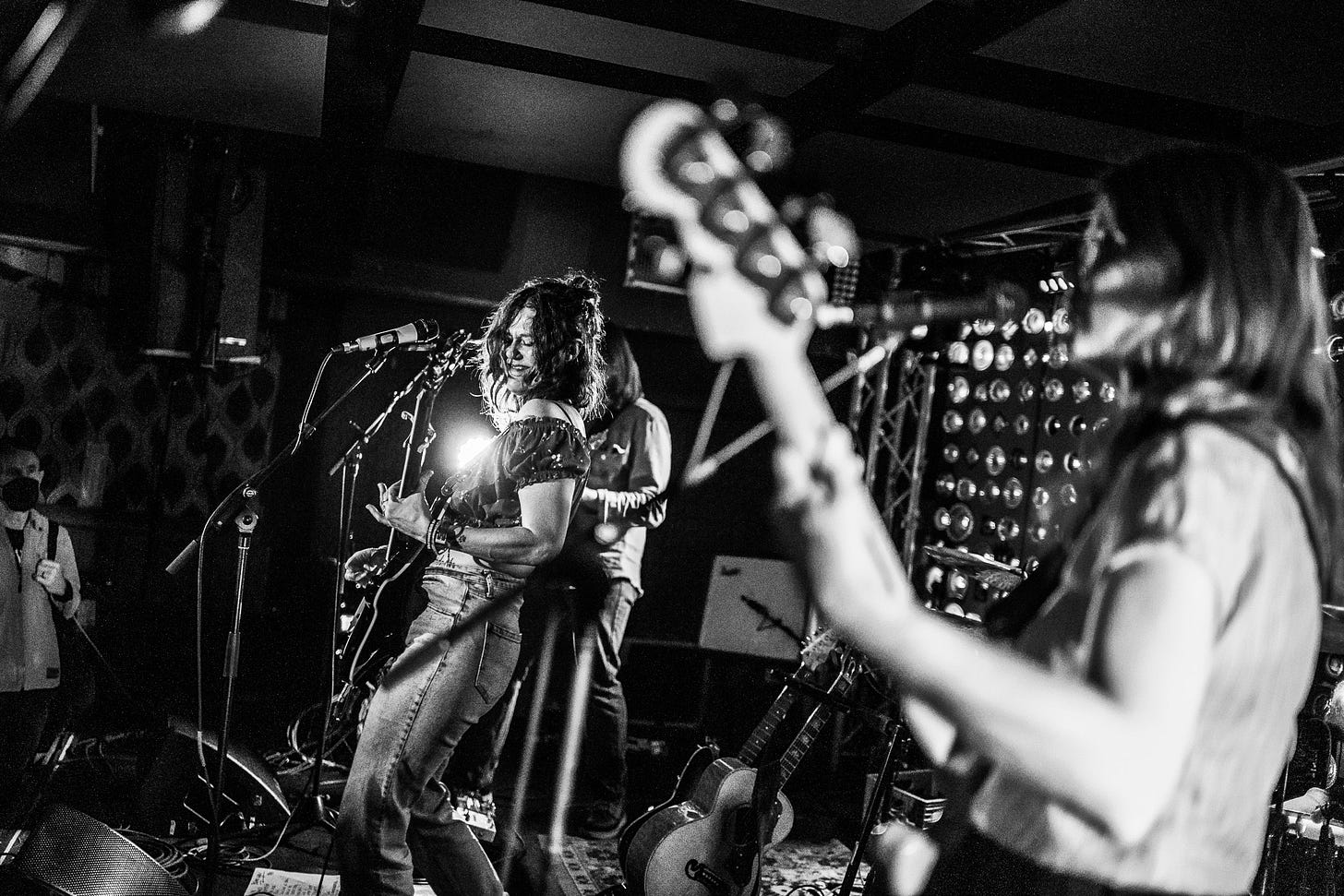
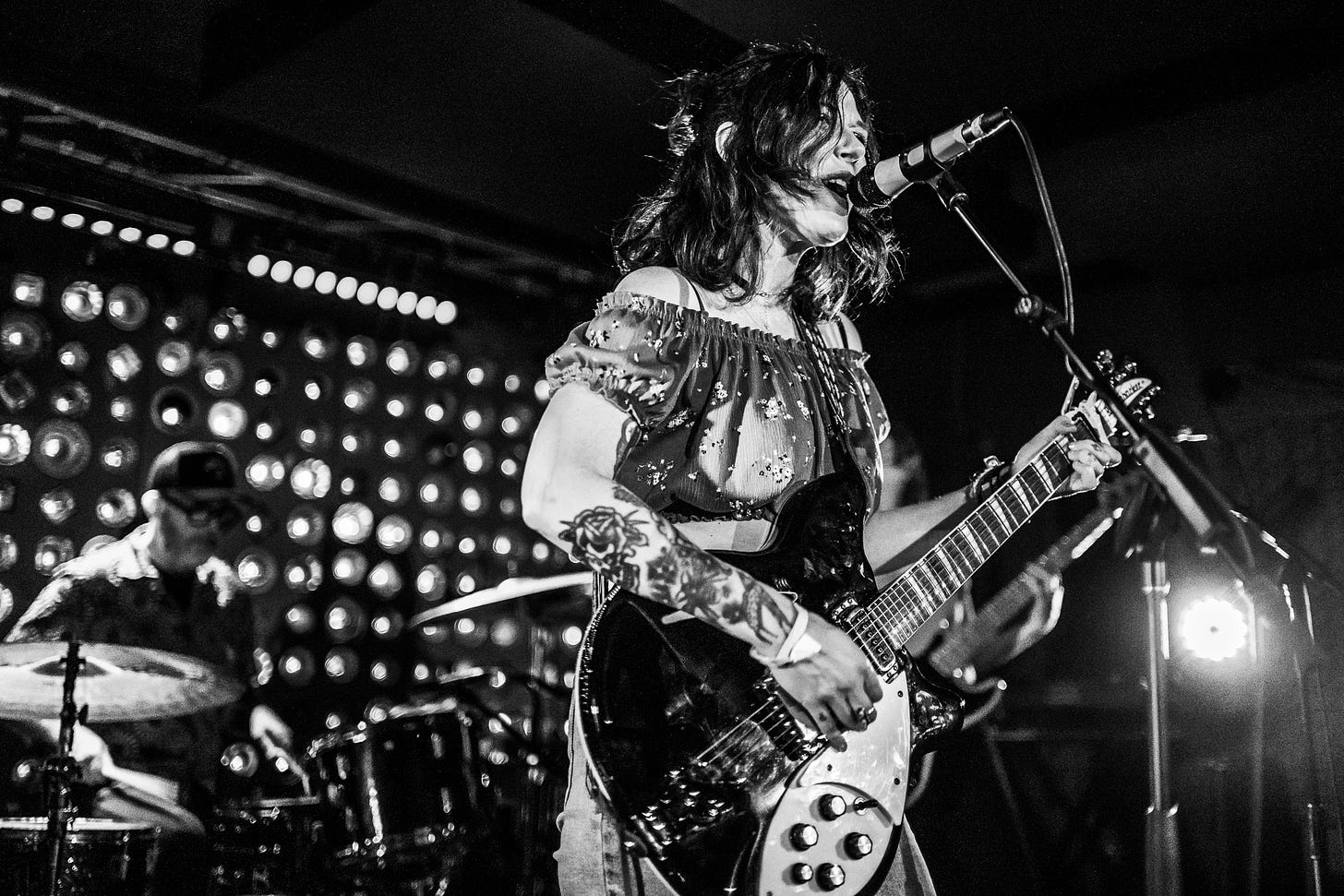
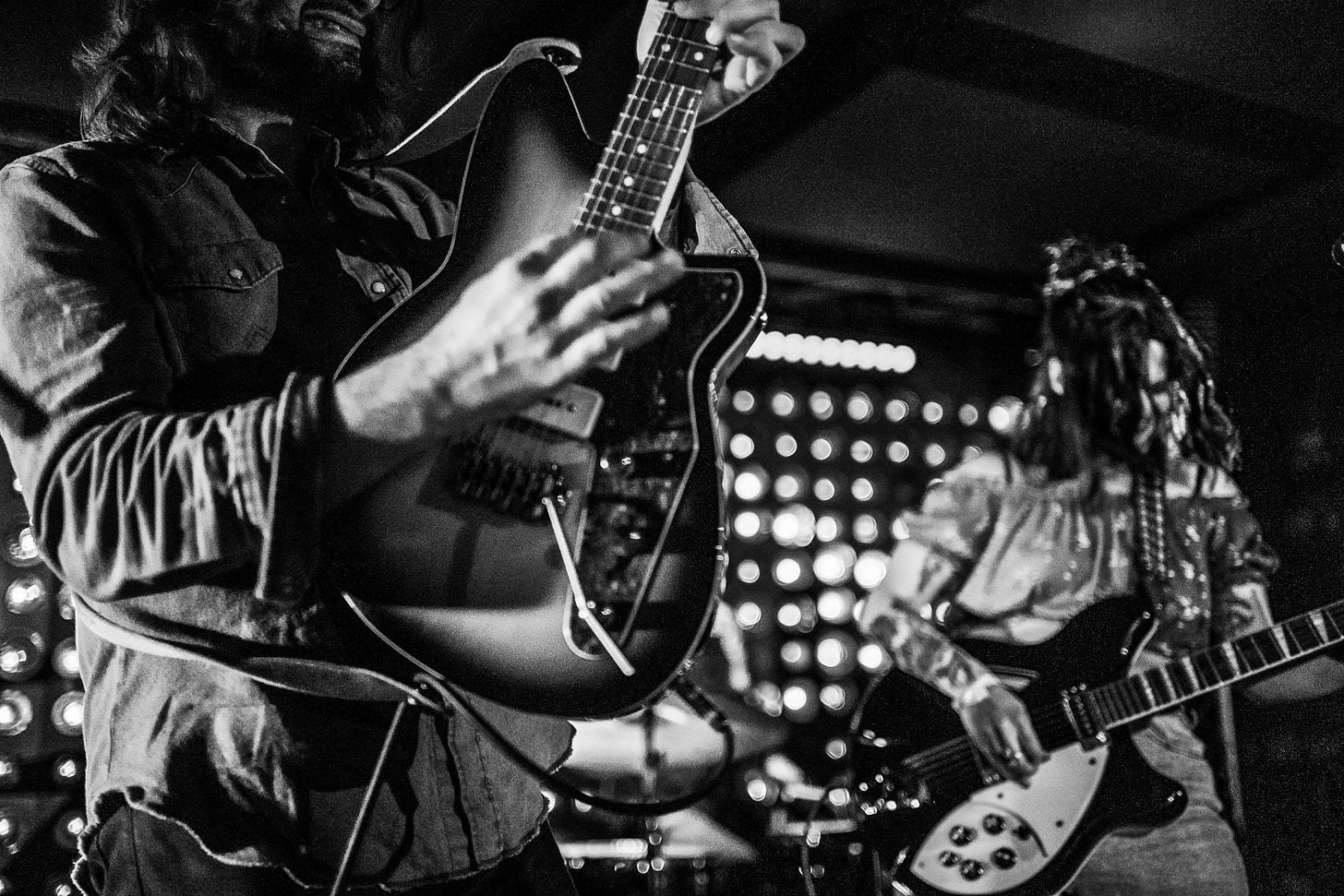
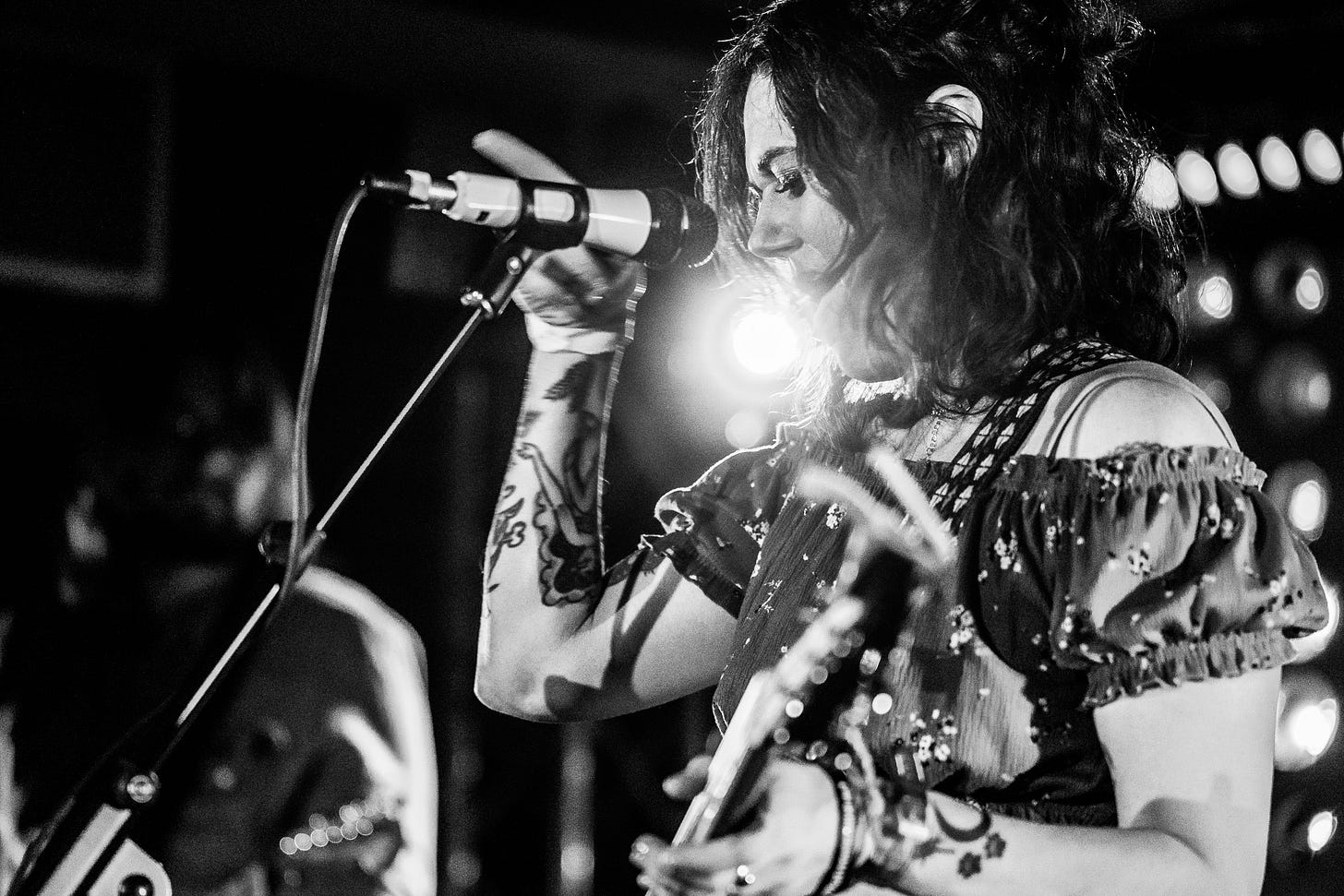
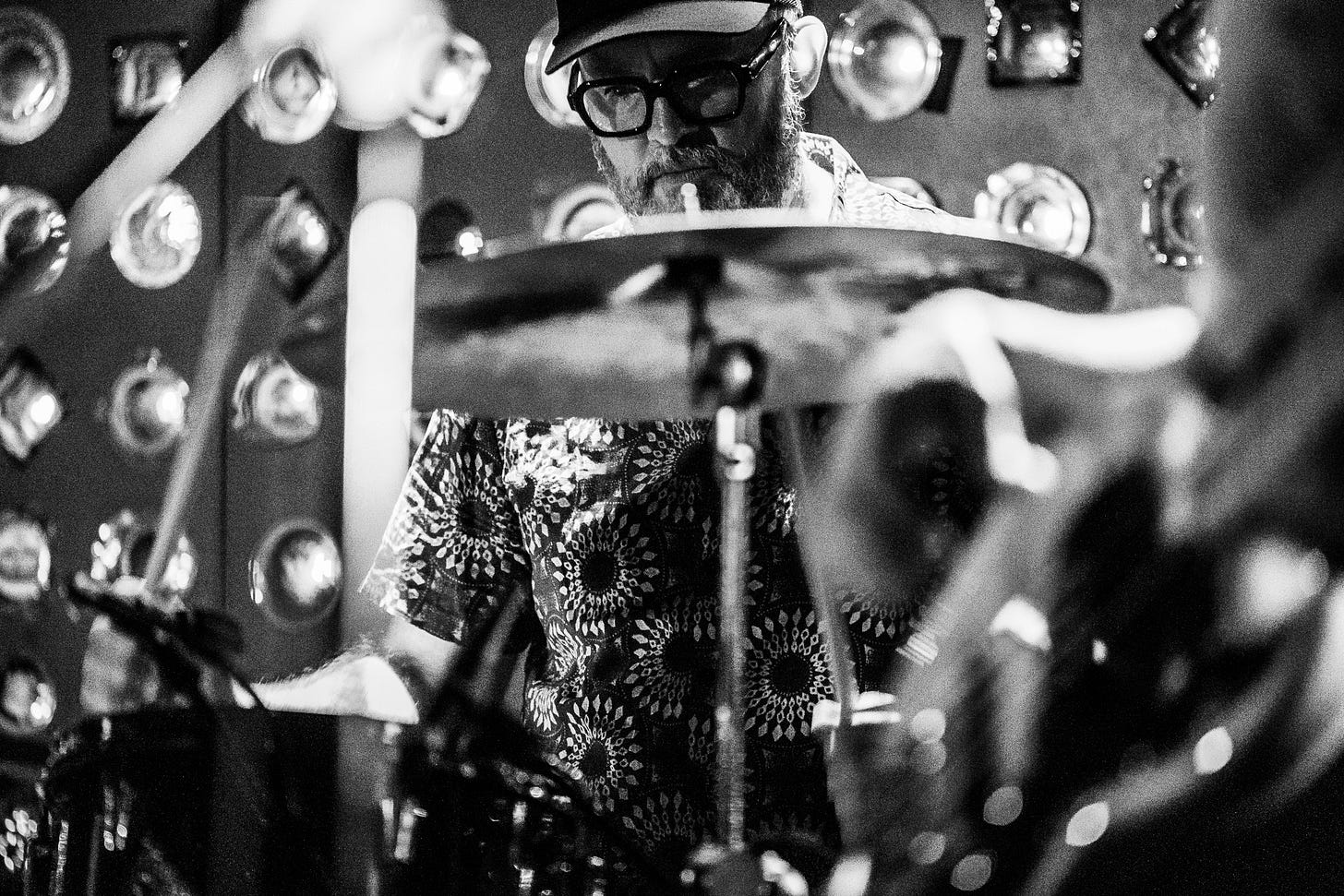
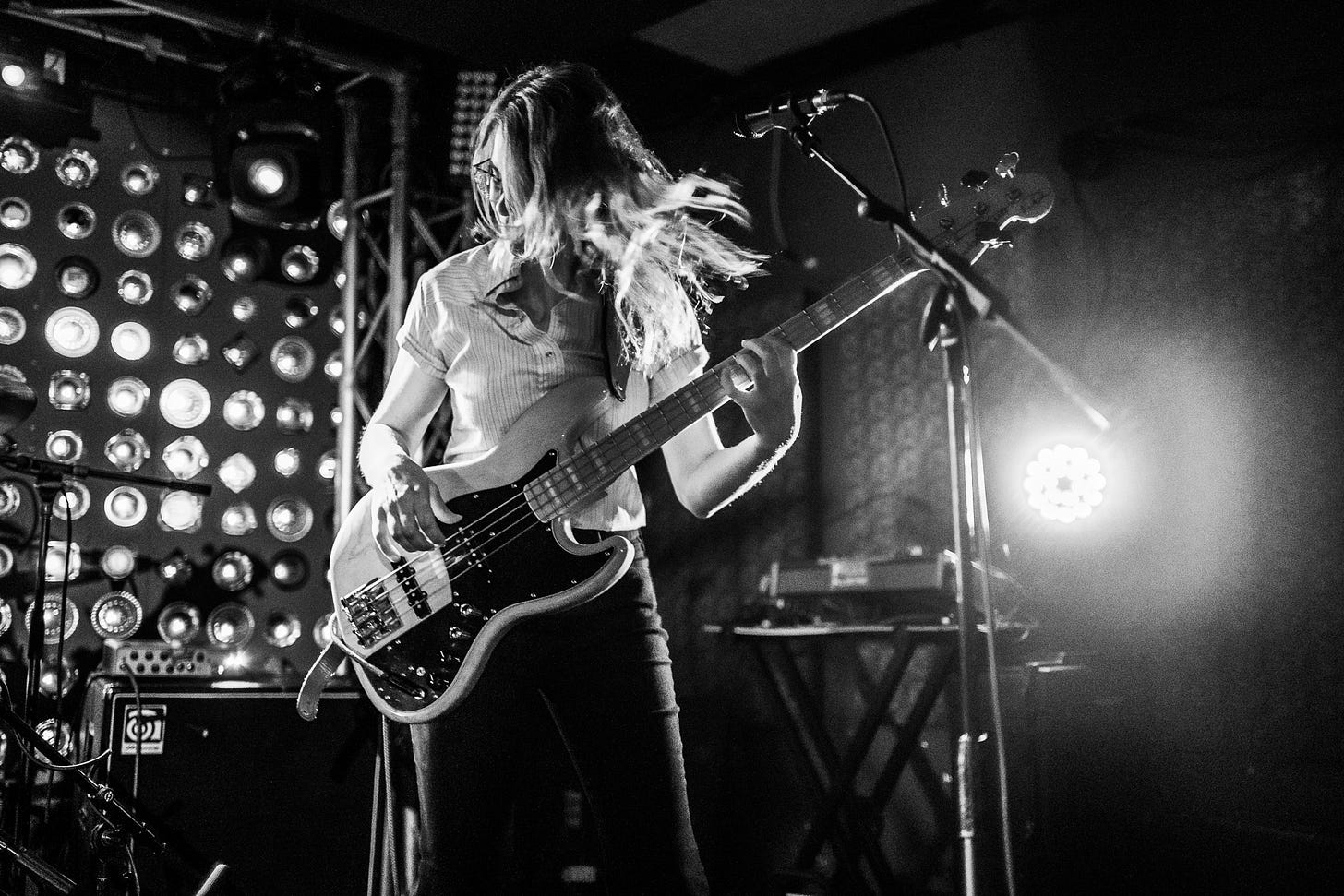
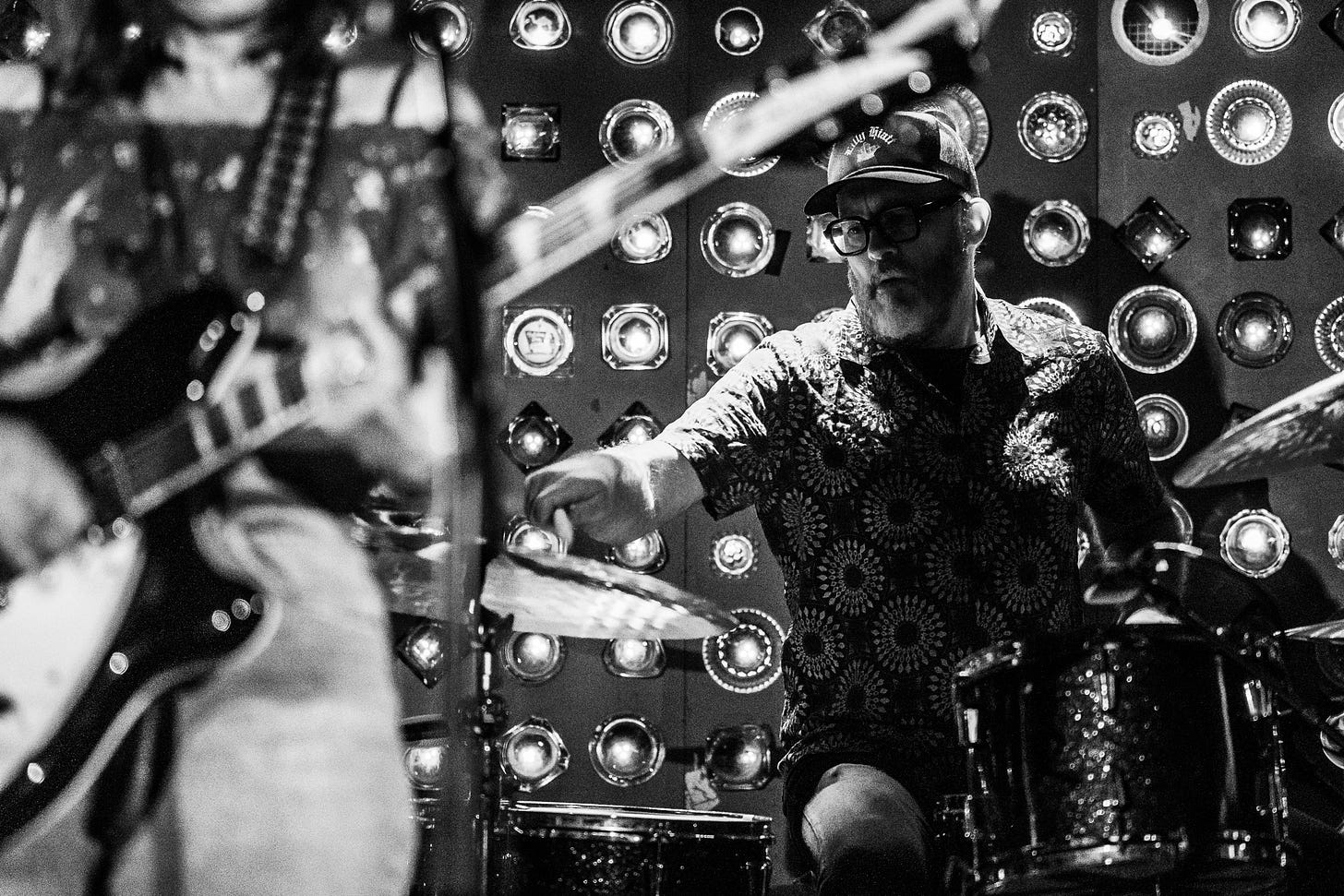
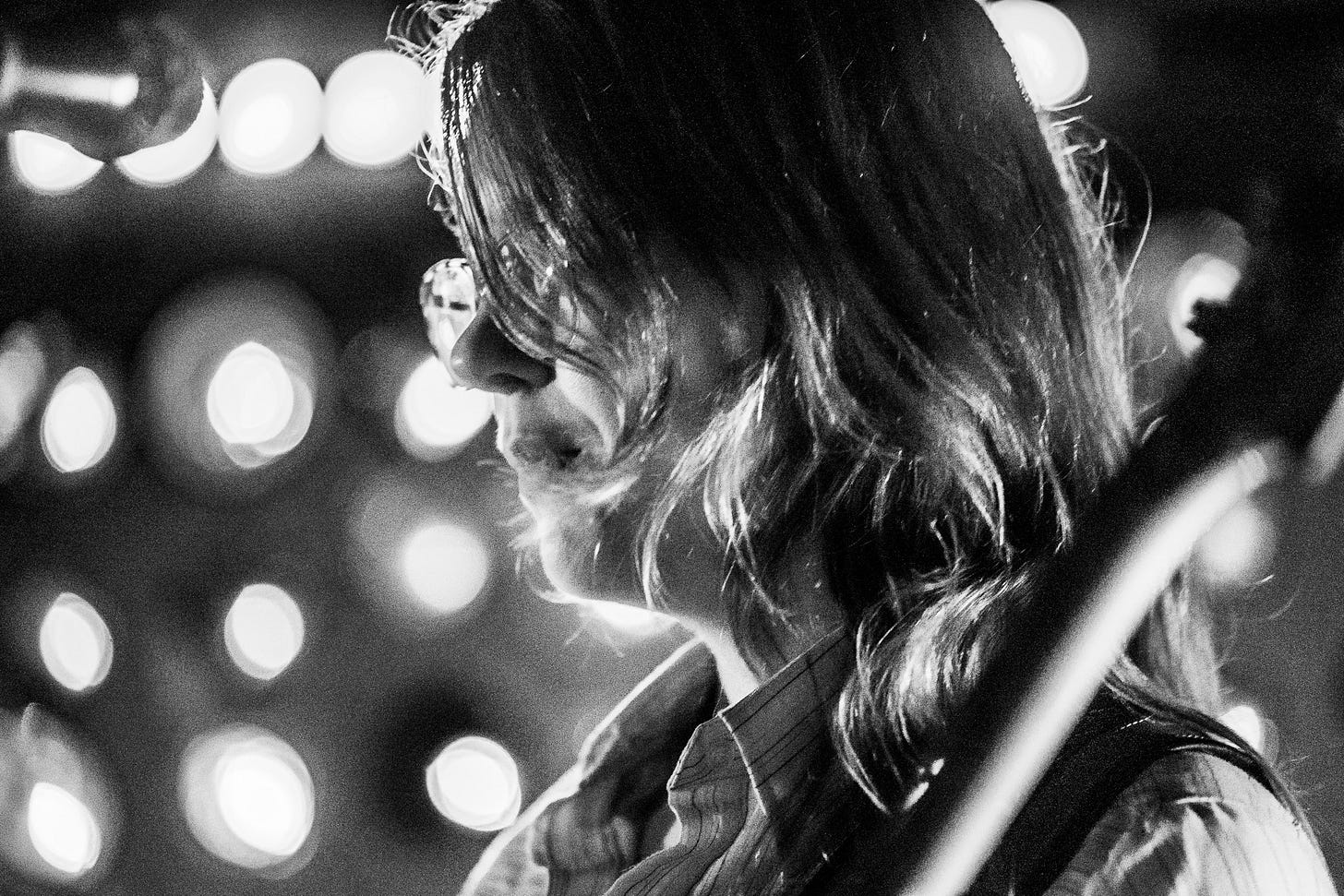
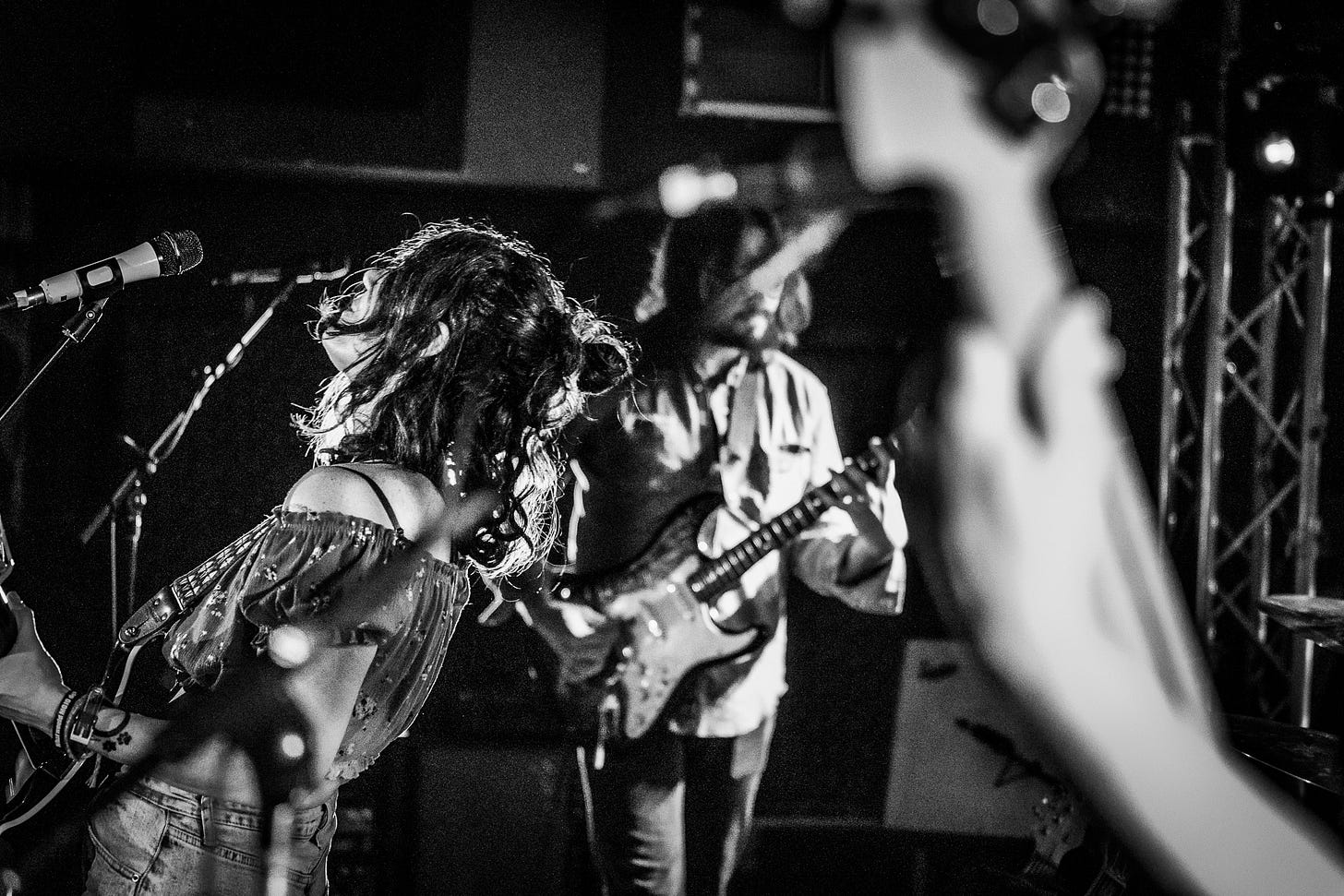
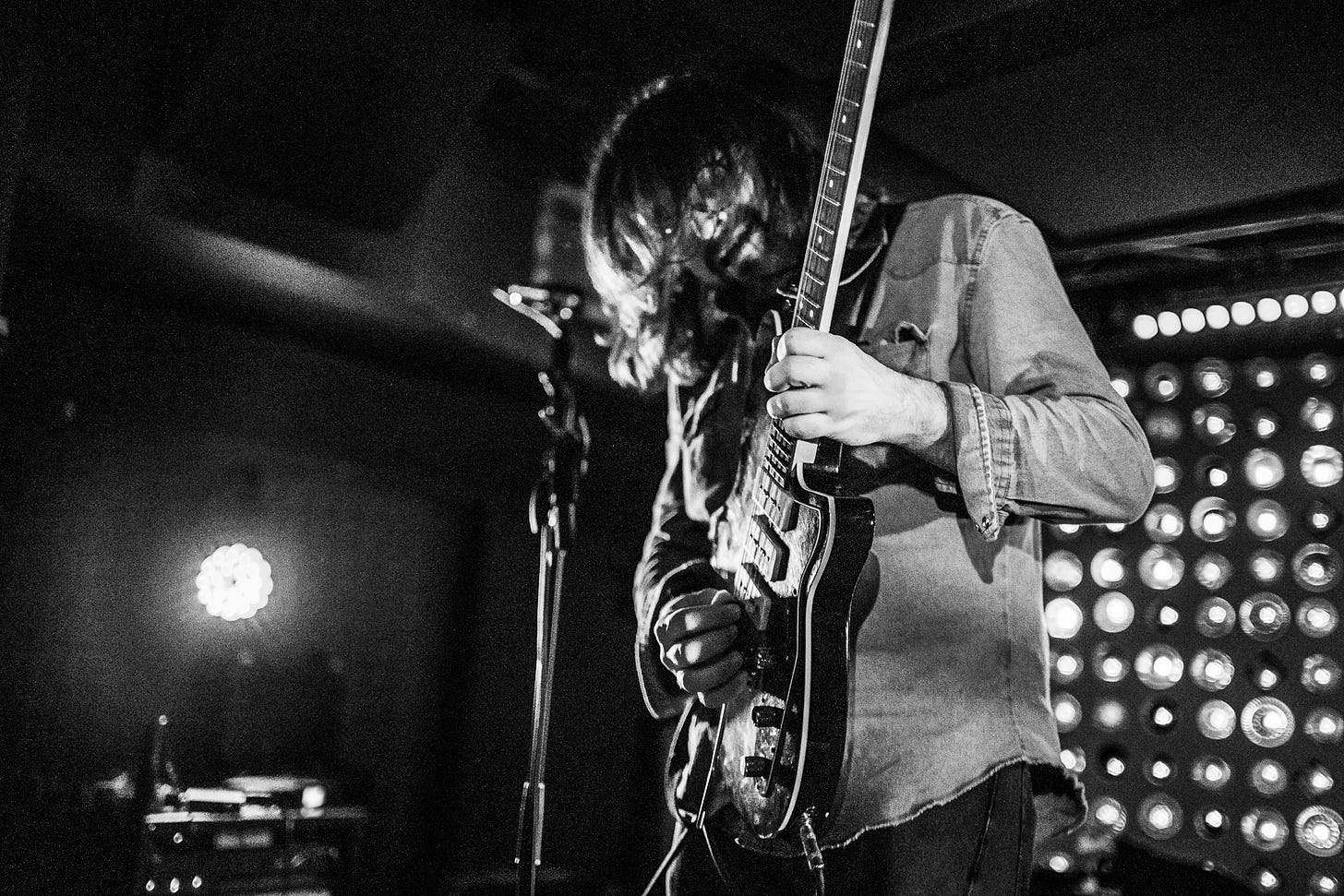
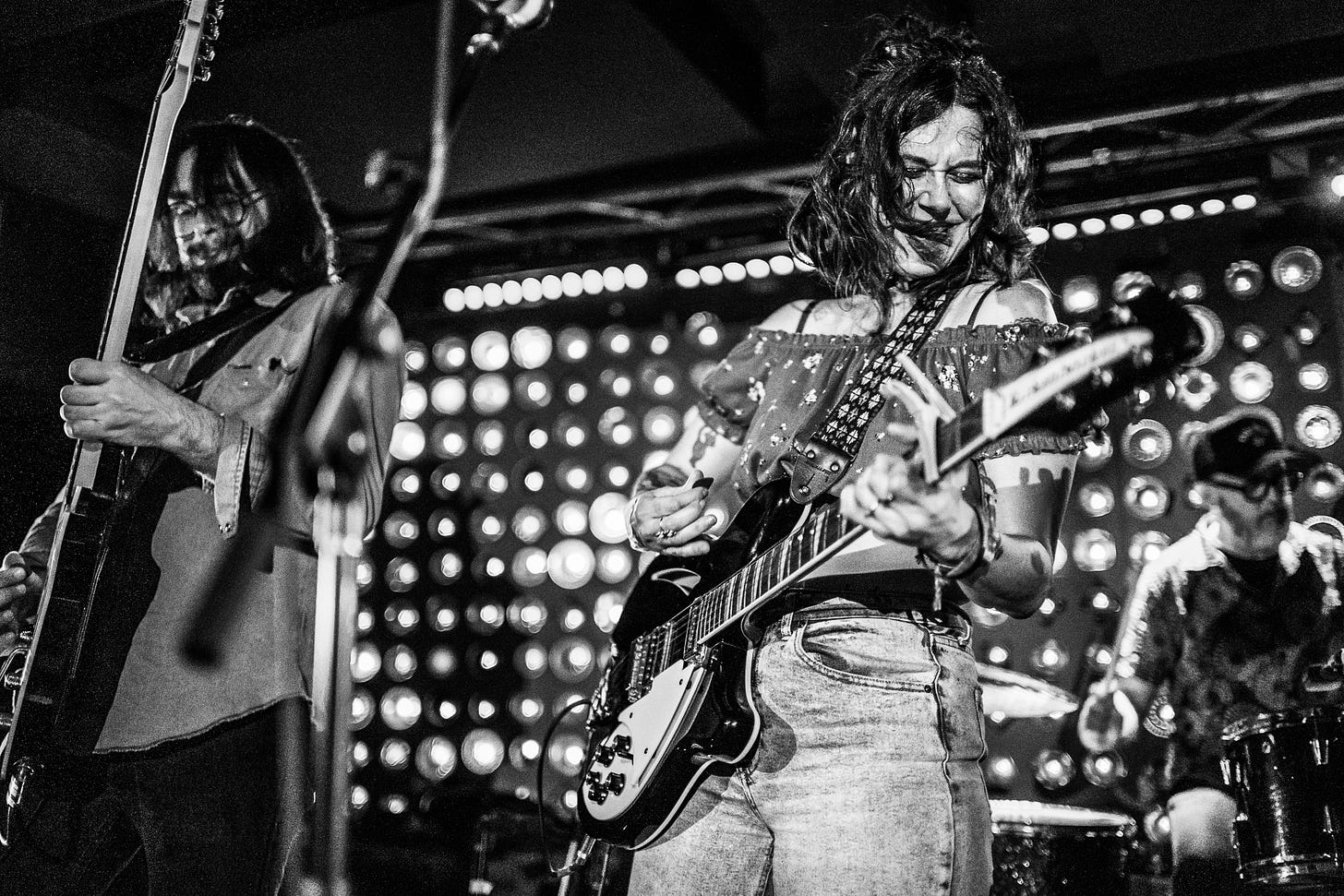
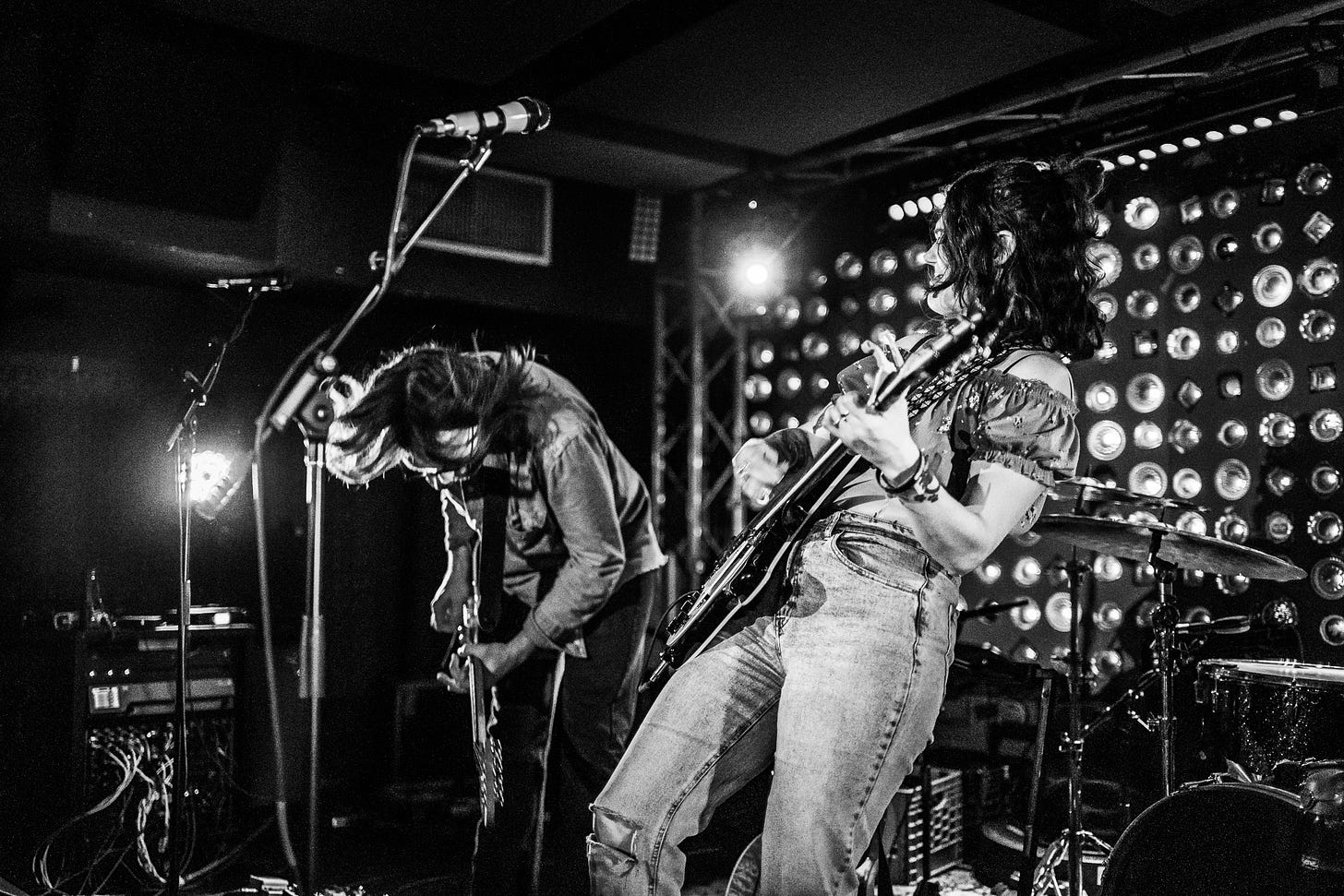
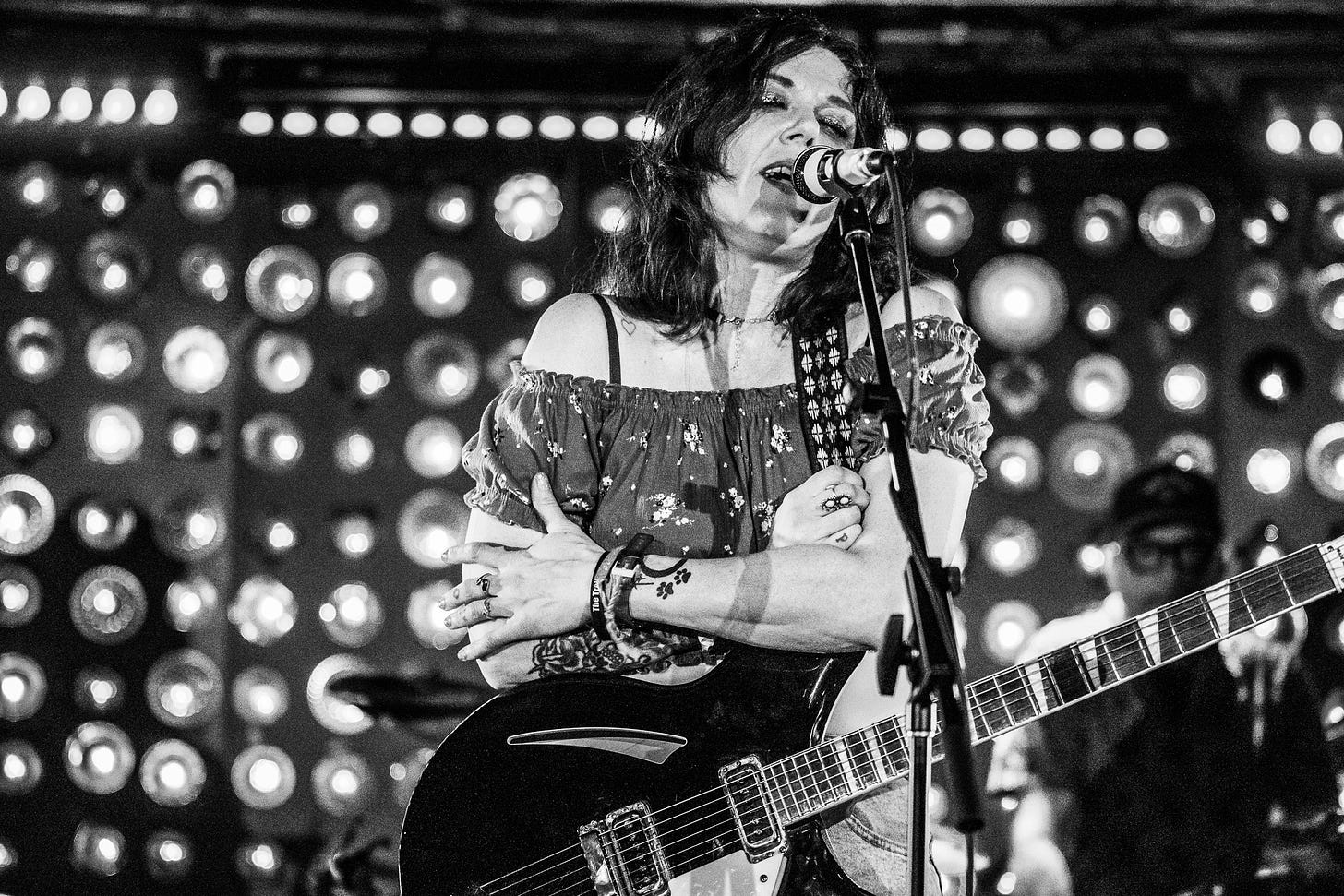

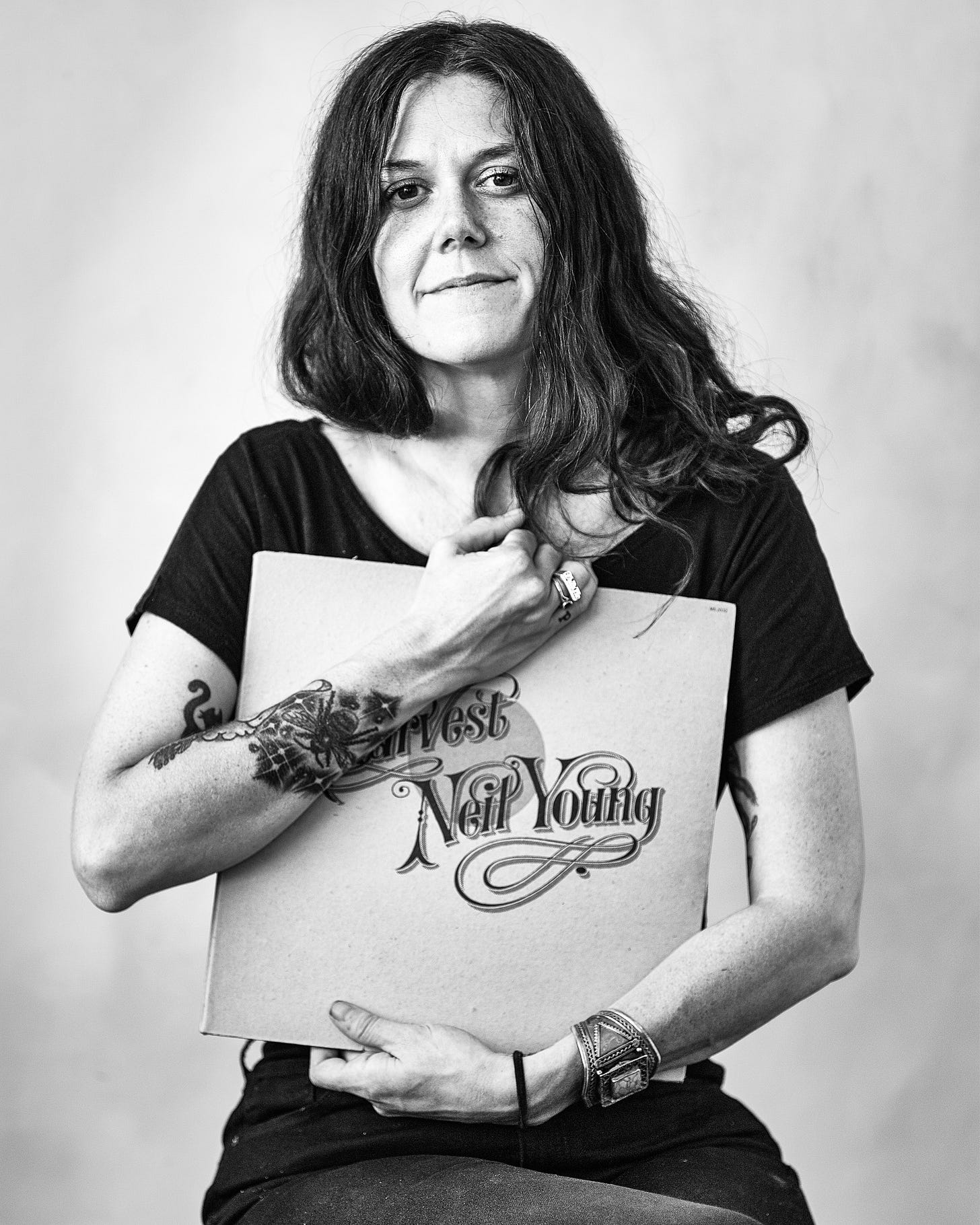
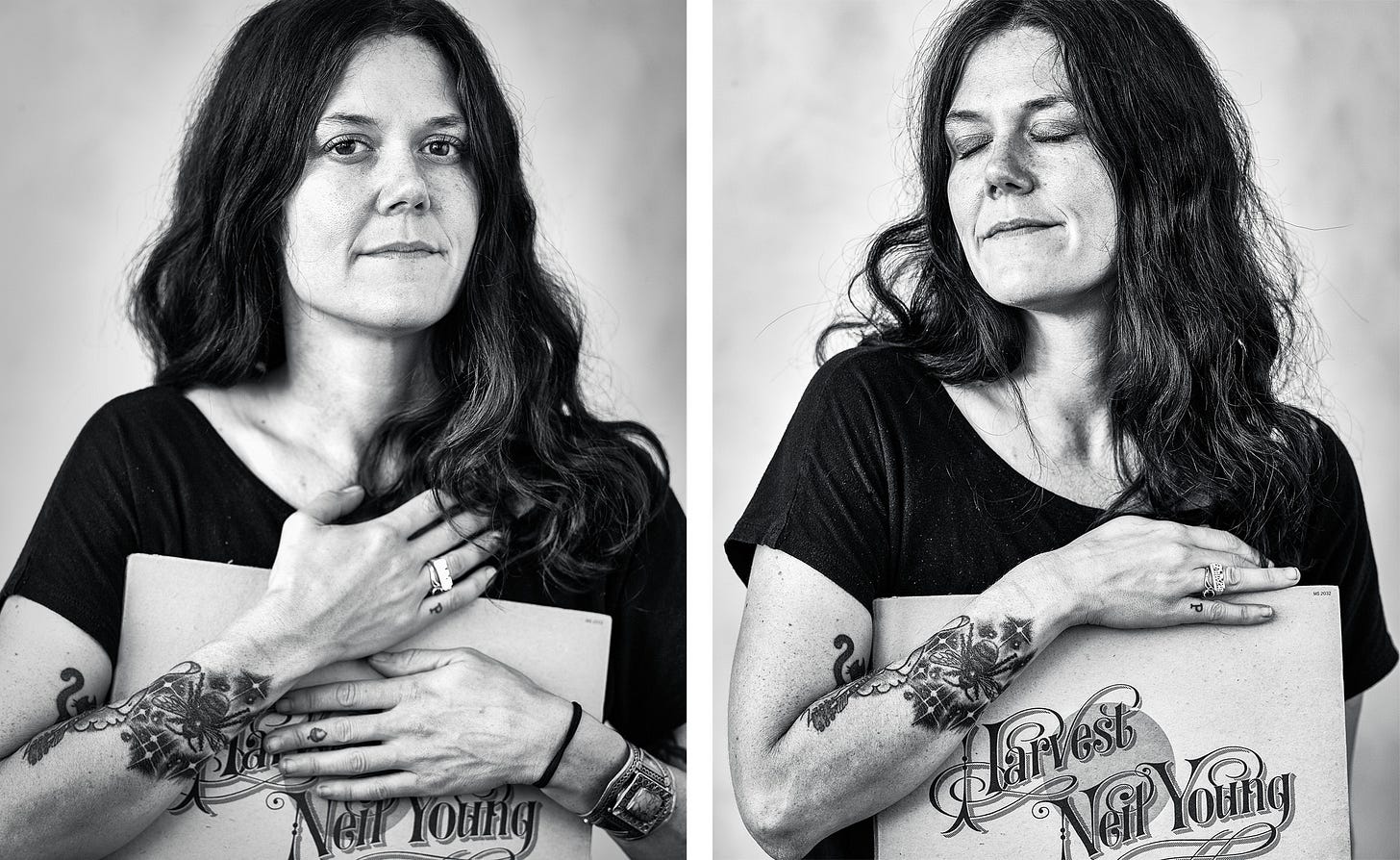
Great one, Jacob. Moving interview, and the shots w/ the "Harvest" LP are a nice touch :)
Don't know which I love more--the images or the words. Both are so personal and insightful.